Substance Abuse Services - Oklahoma Safety Center
Overview
Substance Abuse Services - Oklahoma Safety Center is a substance abuse treatment center for people seeking treatment near Tulsa County. As part of their treatment modalities for recovery, Substance Abuse Services - Oklahoma Safety Center provides substance use disorder counseling, group counseling, and 12-step facilitation during treatment. Substance Abuse Services - Oklahoma Safety Center is located in Tulsa, Oklahoma, accepting cash or self-payment for treatment.
Substance Abuse Services - Oklahoma Safety Center at a Glance
Payment Options
- Cash or self-payment
- IHS/Tribal/Urban (ITU) funds
Assessments
- Interim services for clients
- Screening for substance use
- Comprehensive substance use assessment
Age Groups
- Young adults
- Adults
Ancillary Services
- Specially designed program for DUI/DWI clients
Highlights About Substance Abuse Services - Oklahoma Safety Center
6.65/10
With an overall rating of 6.65/10, this facility has the following balanced range of services. Alcohol Rehabilitation: 8.00/10, Treatment Options: 6.61/10, Drug Rehab and Detox: 6.00/10, Insurance and Payments: 6.00/10.-
Alcohol Rehabilitation 8.00
-
Treatment Options 6.61
-
Drug Rehab and Detox 6.00
-
Insurance and Payments 6.00
Treatment At Substance Abuse Services - Oklahoma Safety Center
Treatment Conditions
- Alcoholism
- Substance use treatment
Care Levels
- Outpatient
- Regular outpatient treatment
- Aftercare
Treatment Modalities
- Substance use disorder counseling
- Group counseling
- 12-step facilitation
- Intervention Services
- Anger management
Ancillary Services
Additional Services
- Pharmacotherapies administered during treatment
- Drug or alcohol urine screening
Special Programs
- Criminal justice (other than DUI/DWI)/Forensic clients
Get Help Now
Common Questions About Substance Abuse Services - Oklahoma Safety Center
Contact Information
Other Facilities in Tulsa

7.16

7.23

7.00
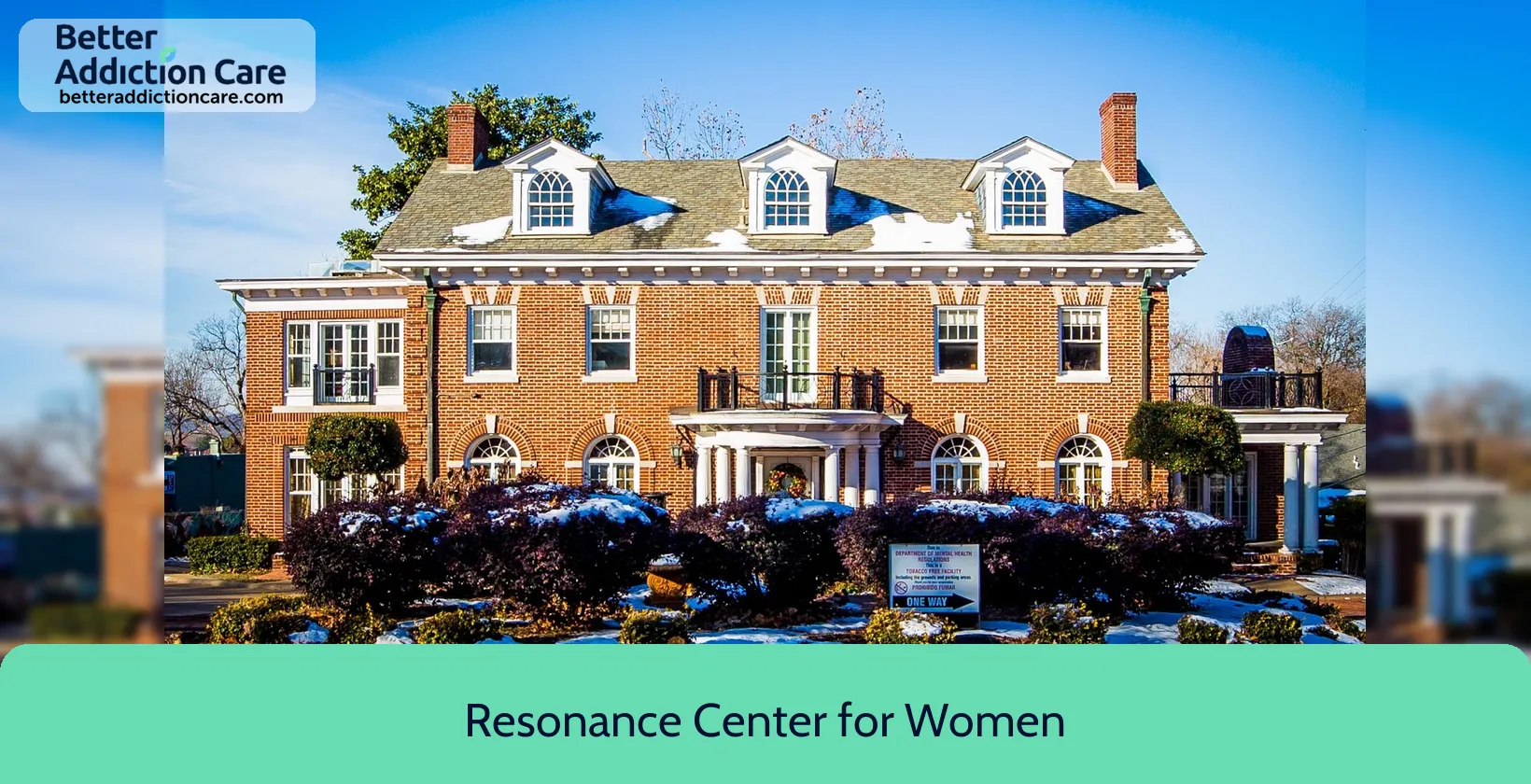
7.00
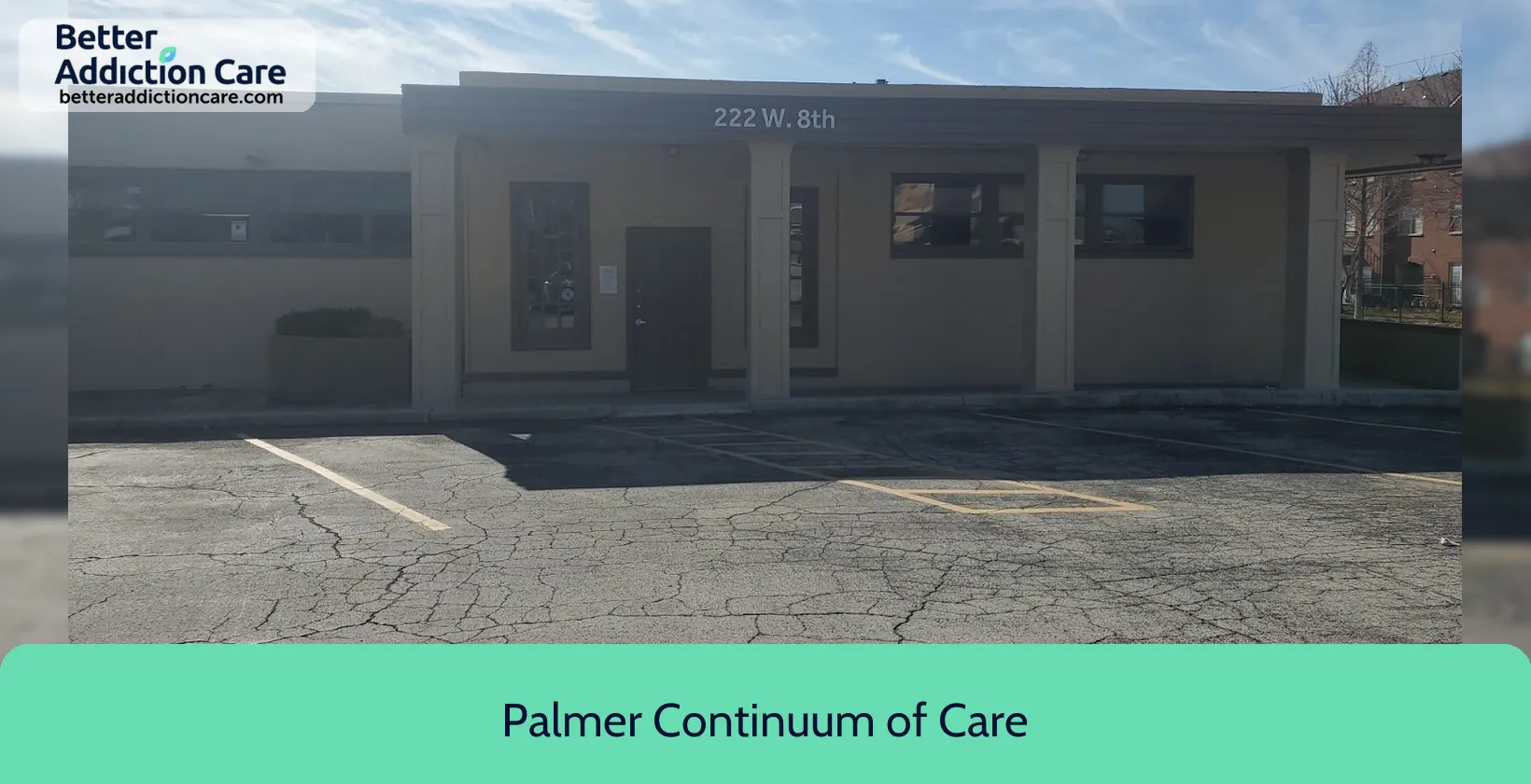
6.80
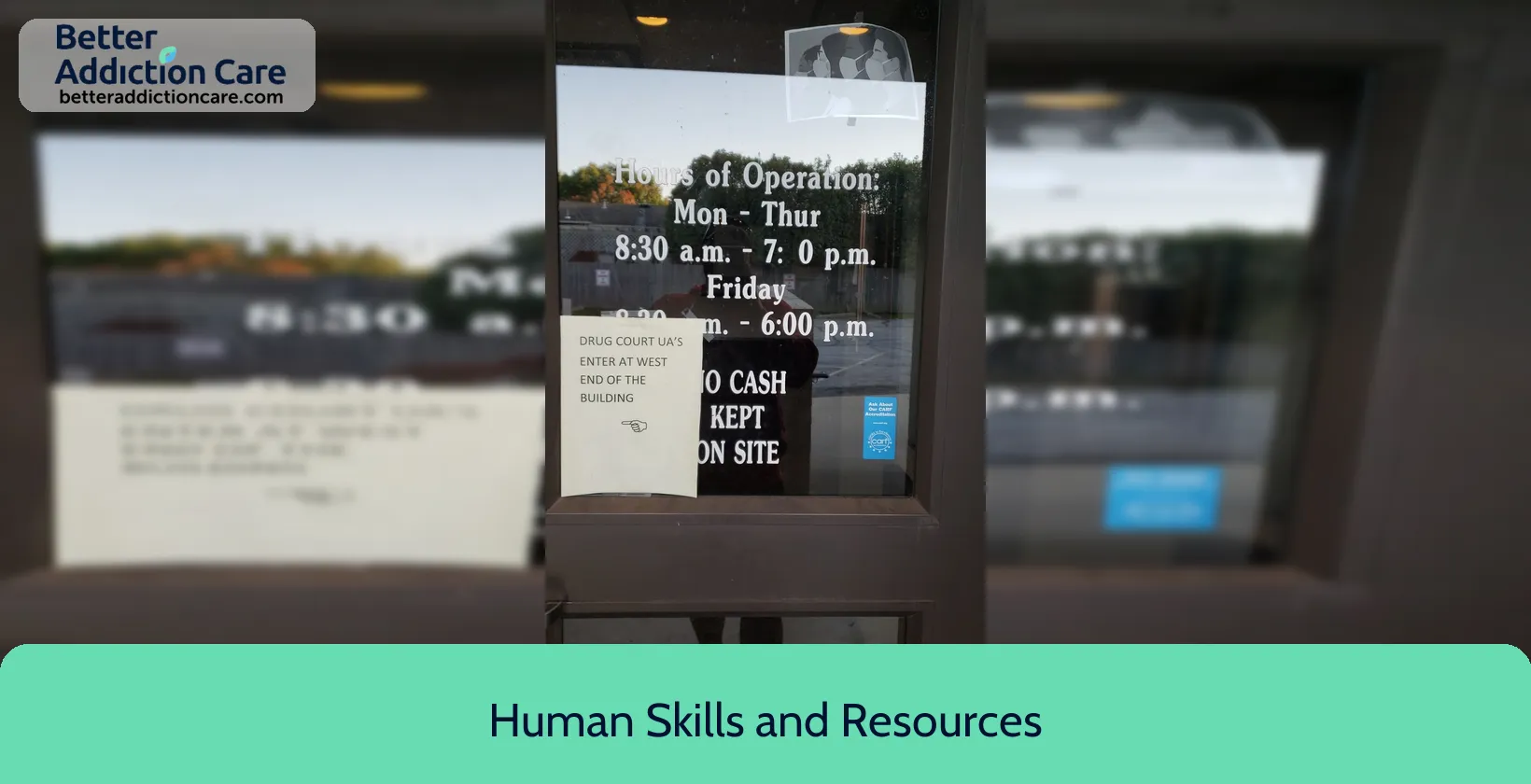
7.25
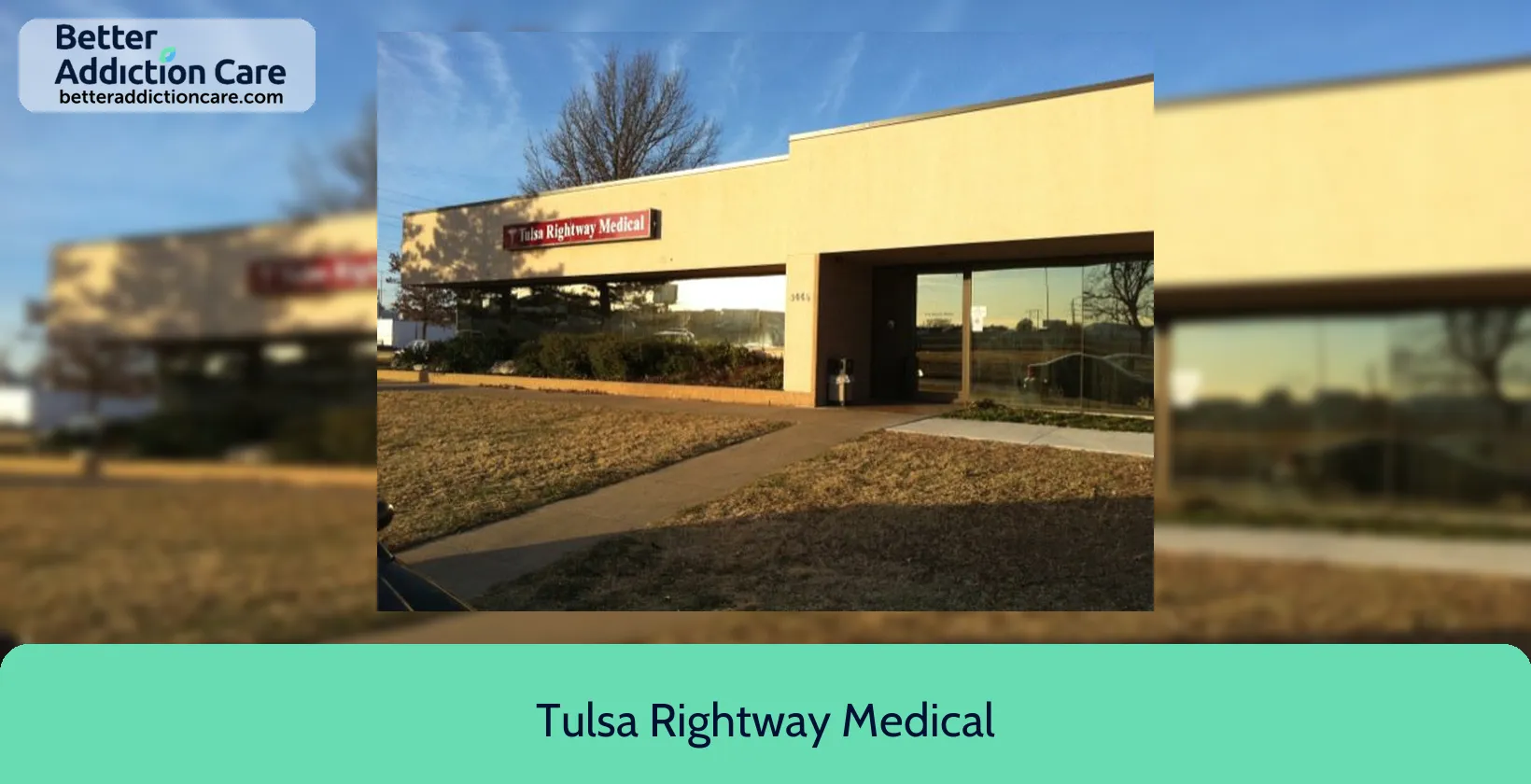
6.99
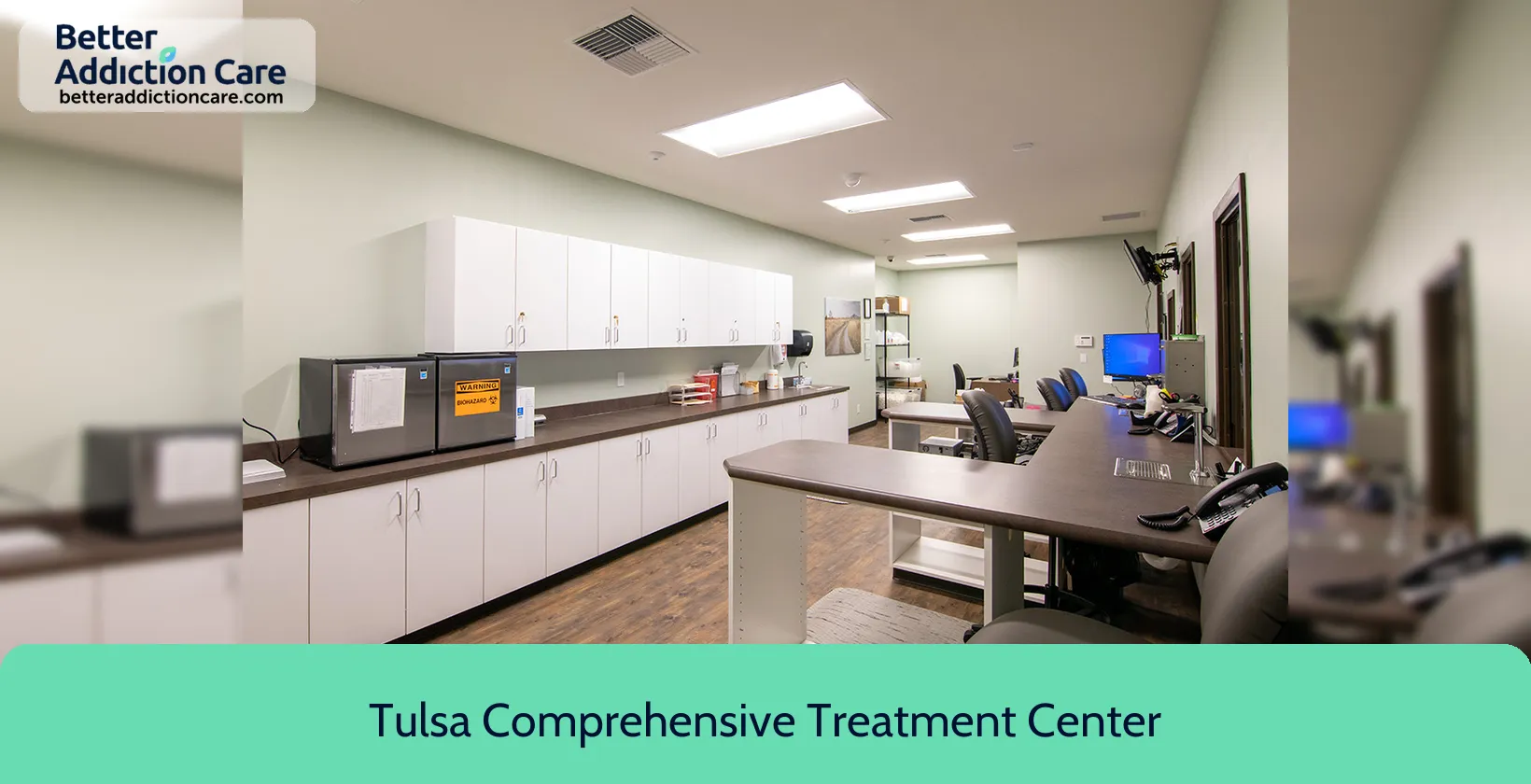
7.16
DISCLAIMER: The facility name, logo and brand are the property and registered trademarks of Tulsa Comprehensive Treatment Center, and are being used for identification and informational purposes only. Use of these names, logos and brands shall not imply endorsement. BetterAddictionCare.com is not affiliated with or sponsored by Tulsa Comprehensive Treatment Center.
